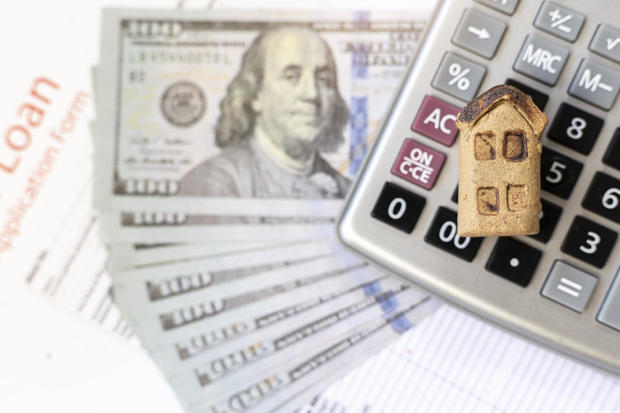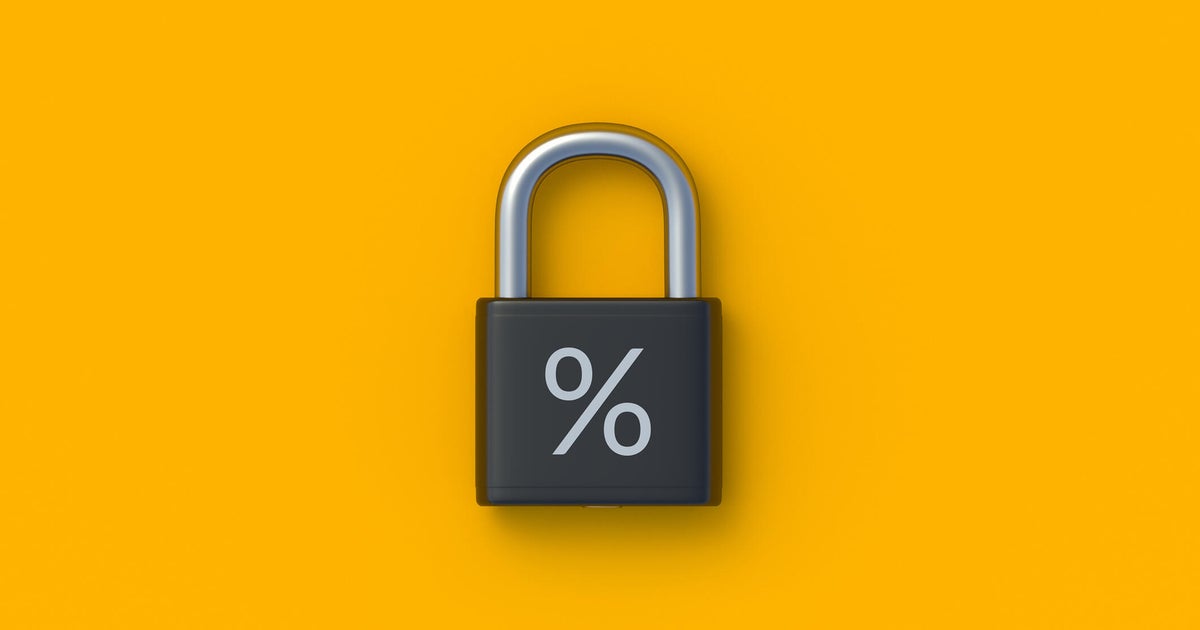Home equity levels are near record highs. Here are 5 ways to access it.
It's safe to say that the housing market has been a bit bleak for potential homebuyers over the last few years. Not only are mortgage loan rates substantially higher than they were just a few years ago, but limited for-sale home inventory and elevated home prices have made it more difficult for buyers to find homes that are both affordable and available.
But that narrative is quite different for today's homeowners. Thanks to a mix of sustained demand and low inventory levels, the average homeowner has experienced rapid growth in their home equity since the start of 2021. And, according to recent data from CoreLogic, the total home equity for U.S. mortgage holders soared to more than $17 trillion in the first quarter of 2024 — just shy of the record set in the third quarter of 2023.
That uptick amounts to an increase of about $28,000 in home equity over the past year for the average homeowner. In turn, homeowners have, on average, about $305,000 in home equity currently — a 70% increase compared to pre-pandemic levels. So, if you're a homeowner who needs to borrow money at an affordable rate, borrowing against your home's equity can be a smart option to consider right now — and there are a few different ways you can access it.
Find out what the most affordable home equity borrowing options are for you.
5 ways to tap access home equity now
Here are some home equity borrowing options that may be worth considering right now:
Borrow a lump sum with a home equity loan
A home equity loan is a lump-sum loan that's secured by the value of your home. With a home equity loan, you borrow against your equity and receive the funds upfront. The benefit of this approach lies in its simplicity. You receive a fixed amount of money to use as you see fit, and home equity loan repayment terms are typically fixed, allowing for easy budgeting.
And, in today's high-rate environment, home equity loans are one of the most affordable borrowing options, too. Right now, for example, home equity loan rates are hovering near 8.63% overall — but the average rates on other borrowing options, like personal loans and credit cards, are well into the double digits.
But while a home equity loan can be an affordable option to consider, it's important to note that a home equity loan is a second mortgage. Failure to make timely payments on your home equity loan could put your home at risk of foreclosure, so it's important to focus on responsible borrowing if you want to take this route.
Compare today's best home equity borrowing options online now.
Utilize a HELOC to gain a line of credit
A home equity line of credit (HELOC) works similarly to a home equity loan in that you borrow against your home's equity with a second mortgage that's secured by the value of your home. However, there are a couple of big differences.
Unlike home equity loans, the rates tied to HELOCs are variable, so they can change with the overall rate environment. And, rather than a lump-sum loan, a HELOC functions like a revolving credit line, allowing you to borrow against your home's equity as needed, up to a predetermined limit.
This flexibility makes it a popular choice for ongoing expenses or multiple projects, as you only pay interest on the amount you actually borrow. And, in a high-rate environment where rates are expected to decline in the future, borrowing money with a HELOC could be a smart move, as there's a potential for the rate to drop over time.
However, the variable interest rates can also make a HELOC a risky choice for certain borrowers (and in certain rate environments). That's because the rate on a HELOC could also increase depending on the overall rate environment, meaning that your payments could also increase over time, potentially straining your budget.
Consider whether a cash-out refinance makes sense
With a cash-out refinance, you replace your existing mortgage with a new, larger loan and receive the difference in cash. This option can be advantageous if you can secure a lower interest rate than your current mortgage, potentially reducing your monthly payments and freeing up funds for other purposes.
However, if you're a homeowner who secured a low rate during the pandemic, you may not want to refinance to a mortgage loan with a significantly higher rate. After all, a higher rate would result in higher monthly mortgage payments (and more paid in interest over the life of the loan). And, the closing costs and the extended loan term tied to this equity borrowing option can offset some of the benefits.
Turn your equity into cash with a reverse mortgage
If you're a homeowner age 62 or older, a reverse mortgage could be worth considering. With a reverse mortgage, you're able to convert a portion of your home's equity into cash without having to make monthly mortgage payments.
In turn, this option can provide a much-needed source of income during retirement, alleviating some of your financial stress and allowing you to age in place. However, it's crucial to understand the potential impact on your estate and the costs associated with this type of loan, as well as the potential tax implications, before taking this route.
Downsize and access your equity without borrowing
While not a loan per se, downsizing to a smaller, more affordable home can help you unlock a significant portion of your home's equity. This option can be particularly appealing for "empty-nesters" or those seeking a simpler lifestyle, as it not only provides access to funds but also reduces ongoing maintenance and housing costs.
However, the process of selling and relocating can be emotionally and logistically challenging, and you may need to factor in additional expenses, such as selling and moving costs or potential renovations, to determine whether it's the right move for you.
The bottom line
By responsibly tapping into your home's equity, you may be able to borrow the money you need at an affordable rate — which is unusual in today's elevated rate environment. But while today's near-record-high levels of home equity present an enticing opportunity, it's crucial to approach your borrowing options with a long-term perspective in mind. And, remember that each option carries its own set of risks and benefits, so what may work for one homeowner may not be suitable for another. So, be sure to weigh all of your options to find the one that works best for your unique situation.






